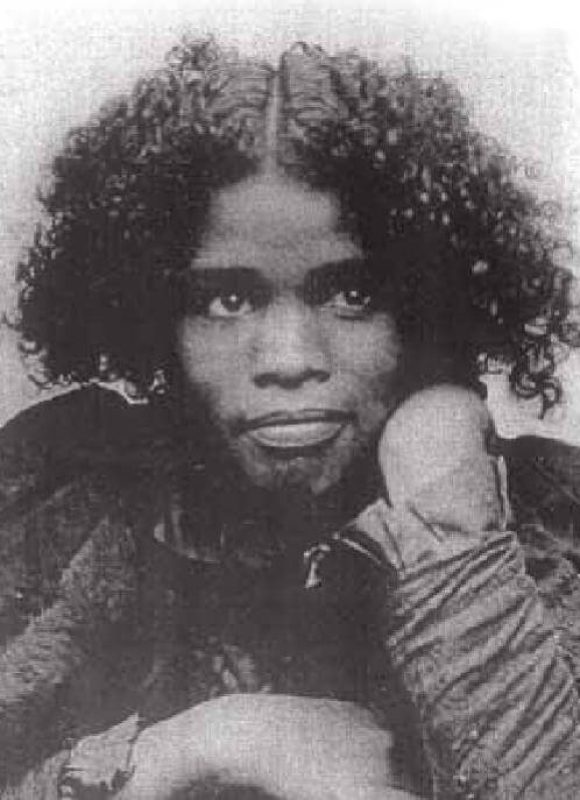PIONEER
Princess Emma Sandile

Educator | Women’s rights and land rights activist
Born: 1842 Died: 1892
“I do not like the place I am in. I should like the place my husband assigned and gave to me, or sufficient of it to live on and maintain my family, and be secured in my profession.”
Who is
Princess Emma Sandile?
Landowner, member of the Ngqika Xhosa royalty and activist for women’s rights, in particular with regards to land.
Professions
and Roles
Teacher and missionary.
Best Known For
The first recorded black female landowner in South Africa.
Life highlights
- Sandile studied at Zonnebloem College in Cape Town, where she converted to Christianity.
- In 1859, she was granted ownership of a farm near Middledrift by Sir George Grey, the British colonial administrator, making her the first known documented black female landowner in the country.
- She later became a teacher at a mission school in Grahamstown.
- It was thought that Sandile would marry a Xhosa chief named Ngangelizwe, who was sympathetic to Christianity. However, Sandile ended up marrying a different Xhosa chief, Stokwe Ndela. Although his second wife of what would be ten in total, she became his primary wife due to her royal lineage.
- When her husband died in a revolt against the British in 1881, the local Thembu community labelled her as a witch, and accused her of killing him. Despite this, he left her more land, which she successfully petitioned to be filed in her name.
- Sandile’s life speaks to the tensions between indigenous African culture and Christianity during the expansion of colonial rule in the 18th and 19th centuries. It was argued that because she was inducted into both Xhosa culture and Christian religion, she became somewhat alienated from both.
IN THEIR OWN WORDS
“Sir, I am the eldest daughter of the late Chief Sandile, and the great wife of the late Chief Stokwe. At the present time I am living under your care. Though you have been very kind to me and my children, yet you know that we have no fixed place which we can call our home. Please ask the Government Commission for Thembuland to recommend to the government that I should get a small farm for my children, and the wives of the late Chief Stokwe. We do not wish to make a native location, but simply want a small place we can call our own. We wish to be always under your care and protection.”
– Extracts of a letter from Princess Emma Sandile to Charles Levey, then Magistrate to Thembuland, 27 September 1882
“I do not like the place I am in. I should like the place my husband assigned and gave to me, or sufficient of it to live on and maintain my family, and be secured in my profession.”
– Extracts from Princess Emma Sandile’s submission to the Land Commission, Southeyville, 10 February 1883
IN THE WORDS OF OTHERS
“Women who transgress social norms and transcend the constraints of their context are hugely deserving of public honour and acknowledgement. Princess Emma – Ukuzazi is a case in point.”
– Theresa Edlmann, research associate, Department of History, Stellenbosch University
Historical Dictionary of Women in Sub-Saharan Africa, Kathleen Sheldon
